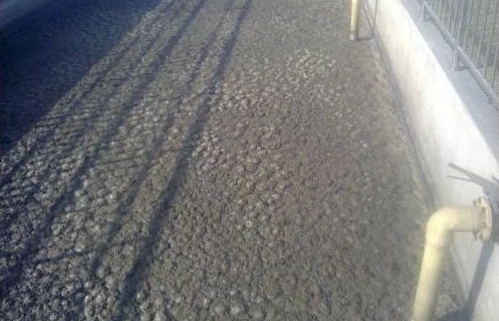1. What is sludge expansion?
Sludge expansion refers to the phenomenon that the sludge structure is loose, the volume is increased, the SV value is increased, and it is difficult to settle and separate the water quality. The performance is as follows: the activated sludge suddenly increases in volume, and the structure is loose and not dense. It floats on the surface of the secondary settling tank and cannot be precipitated normally. SVL>200 mL/g (SVL=activated sludge volume/mixed liquid suspended solids concentration (MLSS) and continued to rise, normal activated sludge SVL is 50-150 mL/g).
2. The consequences of sludge expansion
Sludge expansion is a common problem in wastewater treatment plants. Most sewage treatment plants using activated sludge process have sludge swelling in varying degrees. But it is more difficult to handle. First, there are too many reasons for the expansion; second, the adjustment period is longer.
Sludge expansion will lead to sludge loss, BOD removal rate, effluent suspended matter, COD, and ammonia nitrogen exceeding the standard. Poor treatment may result in paralysis of the entire sewage treatment system.



